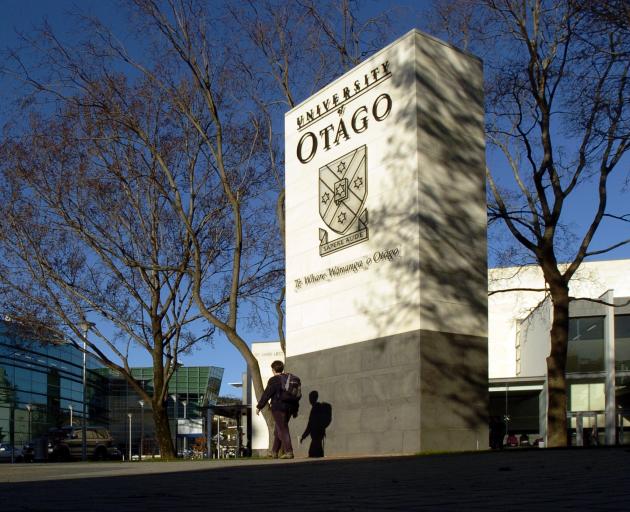
The comments come after the Tertiary Education Commission (TEC) said it had received a government directive saying the performance-based review funding (PBRF) quality evaluation round would not take place in 2026.
This was pending the government’s establishment of the university advisory group which would consider the effectiveness of the tertiary education system.
Tertiary Education Union co-president Craig Marshall said he was "cautiously optimistic" about the review.
"The PBRF system did not always produce great outcomes, because it absorbed a lot of effort which could have been better spent on research.
"It sometimes got used as a proxy for promotions where a broader assessment of an academic’s workload would be more appropriate."
However, Mr Marshall also wanted to know what alternatives to PBRF the government was planning to introduce.
"PBRF does bring a lot of funding for research into universities, so will there be funding by other means? I would hate this to become an example of ‘better the devil you know’."
In the 2022 annual report, PBRF income was $61.5 million of total Otago University income of $783.1m, corresponding to just under 8% of total revenue.
When put alongside other externally-funded research income ($156.6m), the university received about 28% of its revenue from research-specific sources.
Otago University deputy vice-chancellor Prof Richard Blaikie said the PBRF was based on "performance, rather than volume".
"It’s about the quality of research, as well as the amount.
"It means we’re motivated to produce good graduates.
"It’s quite resource-intensive as a system because it differentiates research quality from intensity."
Otago University regularly received more than 20% of the available nationwide PBRF funding, which showed it was very successful, he said.
"We’ve been given a heads-up that there will be a review, and there will be change.
"There might be more efficient ways to assess the quality evaluation part, with more modern tools."
The timeline for change was "ambitious", but he was confident the greater university whanau would be heard.
"We want to reassure our staff and colleagues that the things they do are valued, and will remain valued whether they’re delivered in the same way, or whether the system takes a different form."
The PBRF system assesses the research performance of tertiary education organisations and then funds them on the basis of their performance.
It has been used since the early 2000s, and it is also used to assign universities an overall ranking.
University of Otago regularly comes at or near the top of these rankings for New Zealand universities.
Tertiary Education Minister Penny Simmonds said the group would consider the effectiveness of the current university system — including ways "to best achieve equity for all learners, including Māori, Pasifika and disadvantaged learners, and the role of international education".
Former chief science adviser Sir Peter Gluckman would chair the group, she said.
The group will consider the effectiveness of the current university system to:
- Produce excellence in teaching and research for the benefit of New Zealand.
- Deliver graduates that address national workforce needs and challenges.
- Build a strong, diverse, and inclusive workforce.
- Connect to wider New Zealand society through effective and efficient collaboration and partnerships.
The group will produce a final report in February 2025 proposing policy changes for government and the sector to consider for the future direction of the university system.












